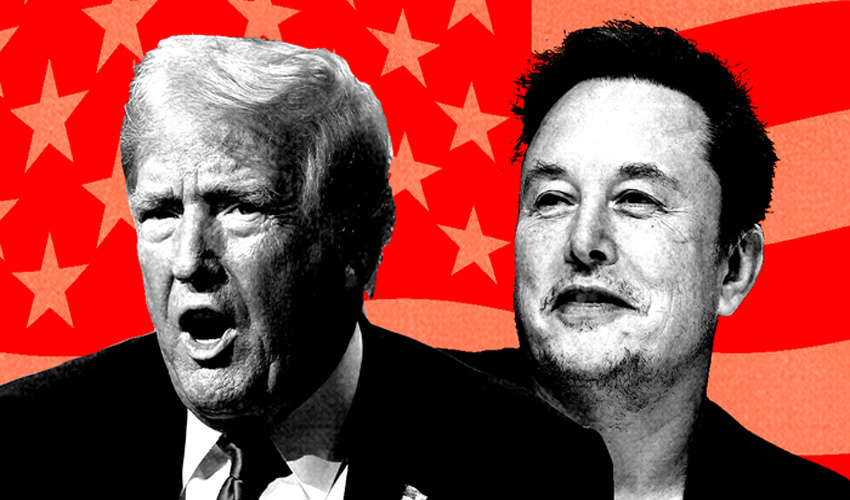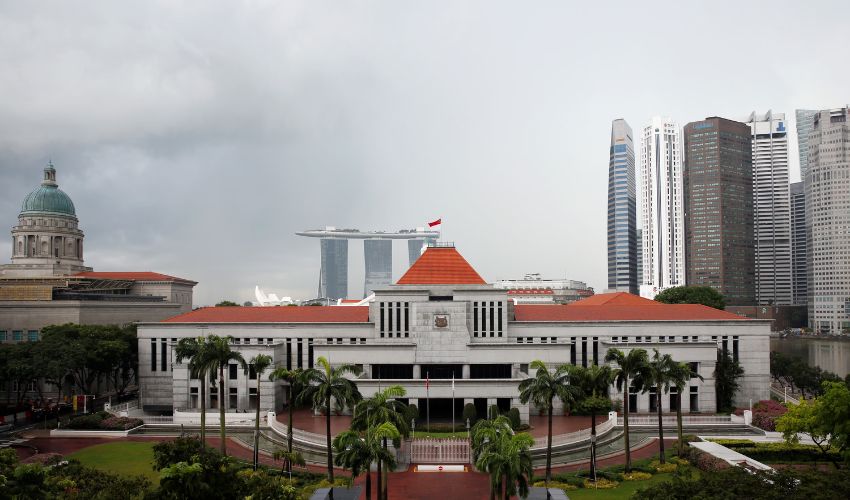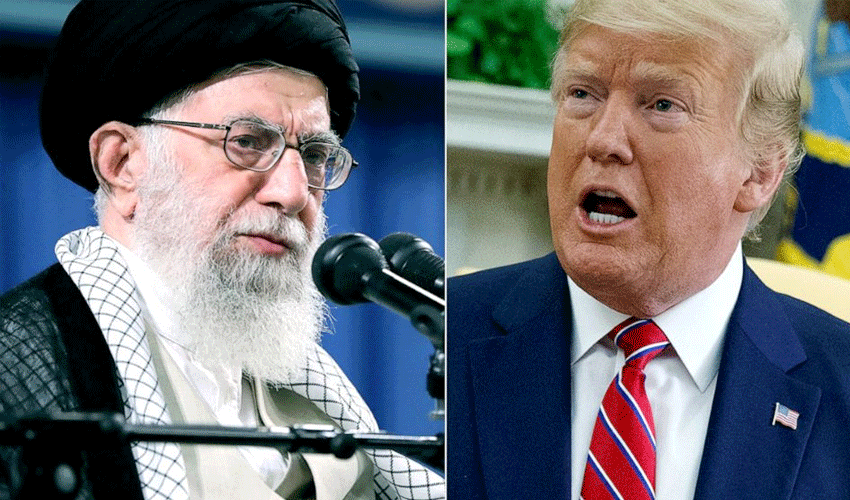In an election atmosphere charged with a sense of political agitation and debate ahead of the November polls, one name is set to take center stage. That name is none other than Elon Musk, who has become synonymous with strong support for Donald Trump. An active player in the electoral race, he's a billionaire entrepreneur known for serving as the CEO of Tesla and SpaceX.
Taking a very publicity-prone stance, he's far stepped out of the shadows which in previous elections has been the natural habitat of the tech moguls. The allegiance of this businessperson to Trump evokes really interesting questions about what may motivate him to play politics in such a manner and what will be the fallouts on his businesses and on the political set-up.
A Valtimope or an "Opinion Leader"?
It's nothing short of remarkable that a man who has been called about the least political guy in Silicon Valley became a key figure in the Trump campaign just weeks after endorsement following an assassination attempt in Butler, Pennsylvania. Now, Elon Musk appears on campaign trail more frequently marketing Trump as a leader who could "save" American democracy. Surprise, public endorsement: This came not only to his supporters but also to political observers who are now trying to decipher Musk's true motives.
Take the example of Zander Mundy, a 21-year-old leasing agent from Folsom, Pennsylvania, who initially had no intention of voting. Mundy's decision to attend a rally after hearing of Musk's presence illustrates the tech mogul's magnetic influence. Mundy listened to Musk and could not help but turn toward Trump. He found himself imagining the notion that this election alone could decide the course of the world's future. No slight made against the power of Musk's words coming from someone so often believed to be a visionary should go unchecked.
Breaking Free of Traditional Business Influence
Unusual for most CEOs, who prefer to work in the shadows, Musk took a more aggressive line. So far, the political action committee, America PAC, has spent over $119 million in this election cycle. Such an open investment is as rare among business elites, who usually conduct discreet fundraising dinners. Musk's public entry into political financing makes him a "lightning rod" according to Erik Gordon, chair of entrepreneurship department at the University of Michigan.
What the observers find peculiarly striking is that there's something odd about Musk's unprecedented financial involvement in the Trump campaign. He has become one of the largest individual donors in this election cycle and thus directly influences key swing states where voter mobilization becomes crucial. This kind of engagement both raises his profile and fortifies his political capital.
What's at Stake for Musk and Democratic Values
A beleaguered entrepreneur who until now has been willing to be publicly antagonistic to Donald Trump, Musk now expresses support for Trump as Democrats-Pennsylvania Senator John Fetterman among them-warn against miscalculating Musk's power. After all, there's a demographic convinced he's "undeniably brilliant"; the traditional Democratic playbook is going to have a hard time breaking through to this group, but it makes things a little higher than an already contentious election.
Adding to the complexity is the nature of Musk's incentives. His political shift may in fact have something to do with wanting to ease regulatory burdens that he believes stifle innovation. Advocating for less rigid regulation-in this case, around electric vehicles and tech-is exactly aligned with his bottom-line interests as a businessman. This raises serious ethical questions: Can a political leader, who is in such tight relationships, act impartially, especially when Musk has obtained billions of dollars in government contracts for his companies?
Other stranger campaign moves by Musk as he crosses through Pennsylvania are offering a $1 million check to voters at random as they register to vote. This and other moves have not only brought so much attention but also attracted adversaries, one such as Congresswoman Alexandria Ocasio-Cortez who believe such measures are manipulative. The argument is based on the red flags of the legality and ethics about paying for a registration to vote at any time in the course of the election season in which the possibly diminished integrity of democratic processes can be enhanced.
Some legal scholars argue that actual conflicts of interest may actually materialize should Musk assume a high-profile position in a Trump administration, particularly with his suggestion to head a "department of government efficiency"-a threat many in government business view as perilous for their interests. Such ends as the protection of consumers and public safety are at risk when these sorts of people are elected, according to former Federal Election Commission counsel Lawrence Noble.



























